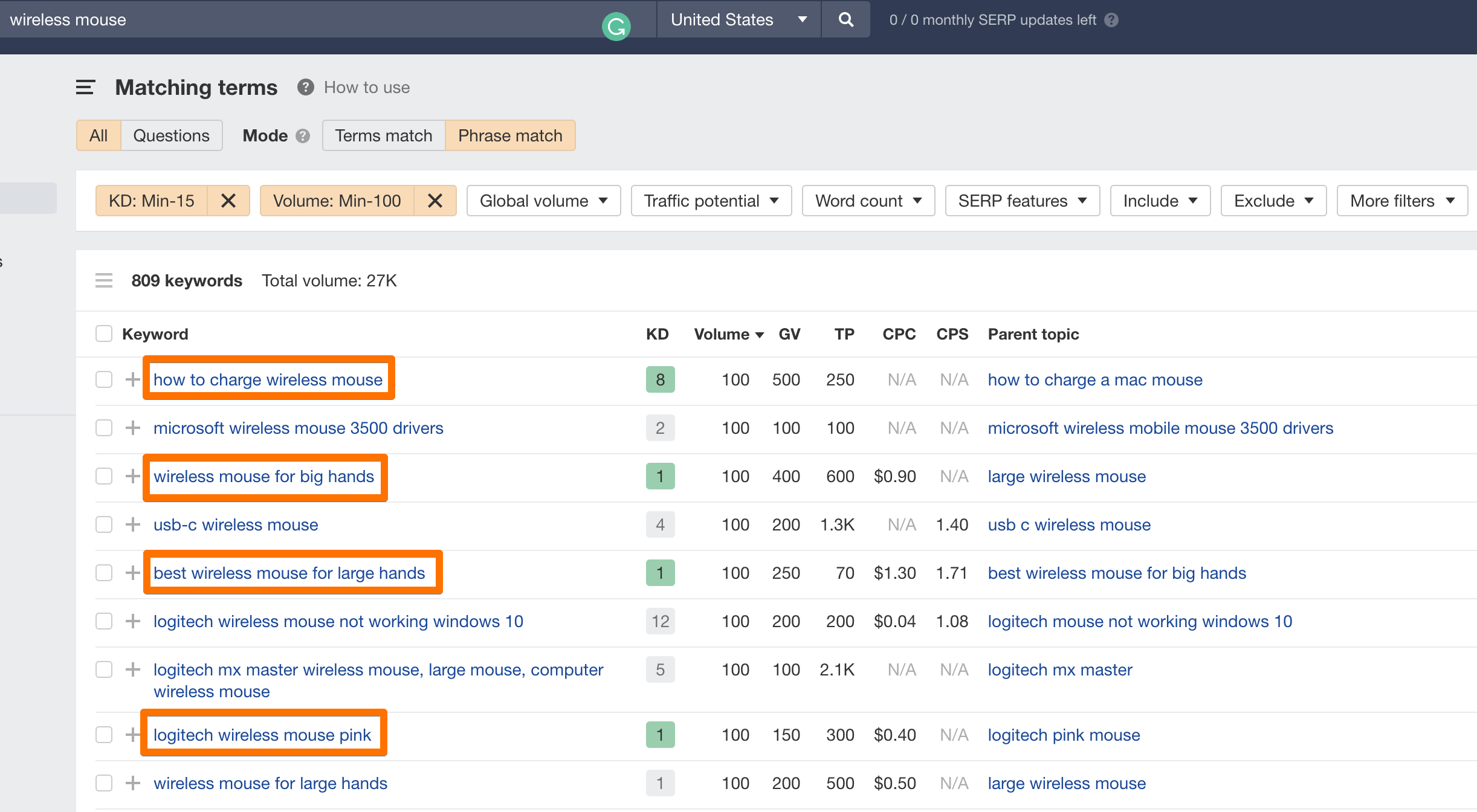Search Term
What is a Search Term?
A search term (or search query) refers to a word or set of words that a person enters on a search engine like Google to generate specific results.
According to Internet Live Stats, 100K+ searches take place on Google alone every second, implying 8.6 billion searches per day. And although the most popular one, Google is not the only search engine.
Moreover, 15% of all queries that searchers enter on Google are unique, i.e., never seen by Google before.
Now, before you assume search terms are the same as keywords, let me tell you – they are not!
The critical difference between the two is that a search term or query is the term that a user enters into a search box. On the contrary, a keyword is a term (or a set of terms) that a marketer or advertiser targets in paid and organic search campaigns.
Why Are Search Terms Important for SEO?
“Speak the same language as your target audience does” – you might have read it somewhere.
As a content marketer, SEO professional, or PPC specialist, it is crucial for you to understand what people are exactly searching for (including the words they use) to target the right keywords and develop content that aligns with their expectations.
Doing so would give Google a signal that your web page matches the user’s intent based on their search query, thereby improving your search engine rankings.
How to Choose the Best Keywords (With Search Terms in Mind)?
Here are a few important tips that will help you pick the best keywords that will align with the real search terms.
1. Always consider the search intent
Search intent is simply the “why” behind any search. i.e., it seeks to understand the purpose behind a search. Search can be of four types- informational, navigational, transactional, and commercial investigation.
Make sure you consider the search intent of the user by keeping the search terms in mind and targeting only the keywords that match them. This will increase your chances of ranking.
You can learn more about search intent in our detailed guide.
In addition to the search intent, you should also consider the business potential of the keyword and prioritize keywords that are more likely to generate revenue.
2. Examine long-tail keywords
Long-tail keywords are the less popular keywords related to a general topic. Although long-tail keywords have lower search volumes, they tend to be less competitive and more relevant.
Long-tail keywords will naturally match a lower number of search terms, but their “connection” will be really strong.
As a content creator or SEO specialist, you can use these long-tail keywords in the sub-sections or sub-headings of main topics rather than as separate topics.
Our Keywords Explorer will help you find thousands of long-tail keywords ideas.

3. Monitor the search terms report in Google Ads
If you have been running PPC ads on Google, you should closely monitor the “Search terms” report. This would show you the exact queries for which your ad appeared.
You might be surprised to see it is different from the keywords you, as an advertiser, are targeting even in “exact match” mode. So this will enable you to focus on the right keywords and remove the unwanted ones to save some money!
FAQs
What’s the difference between search terms and keywords
Search terms are the queries that users type on Google (or other search engines) to find what they are looking for. On the other hand, keywords are the terms targeted by SEO specialists and advertisers with a vision to match users’ search queries and improve their ranking.
Where do keyword tools get data about search terms?
Different keyword tools have different sources. The statistics that you see on most keyword tools are pulled directly from Google Ads Keyword Planner. More advanced combine this data with clickstream data and some other sources to refine it.